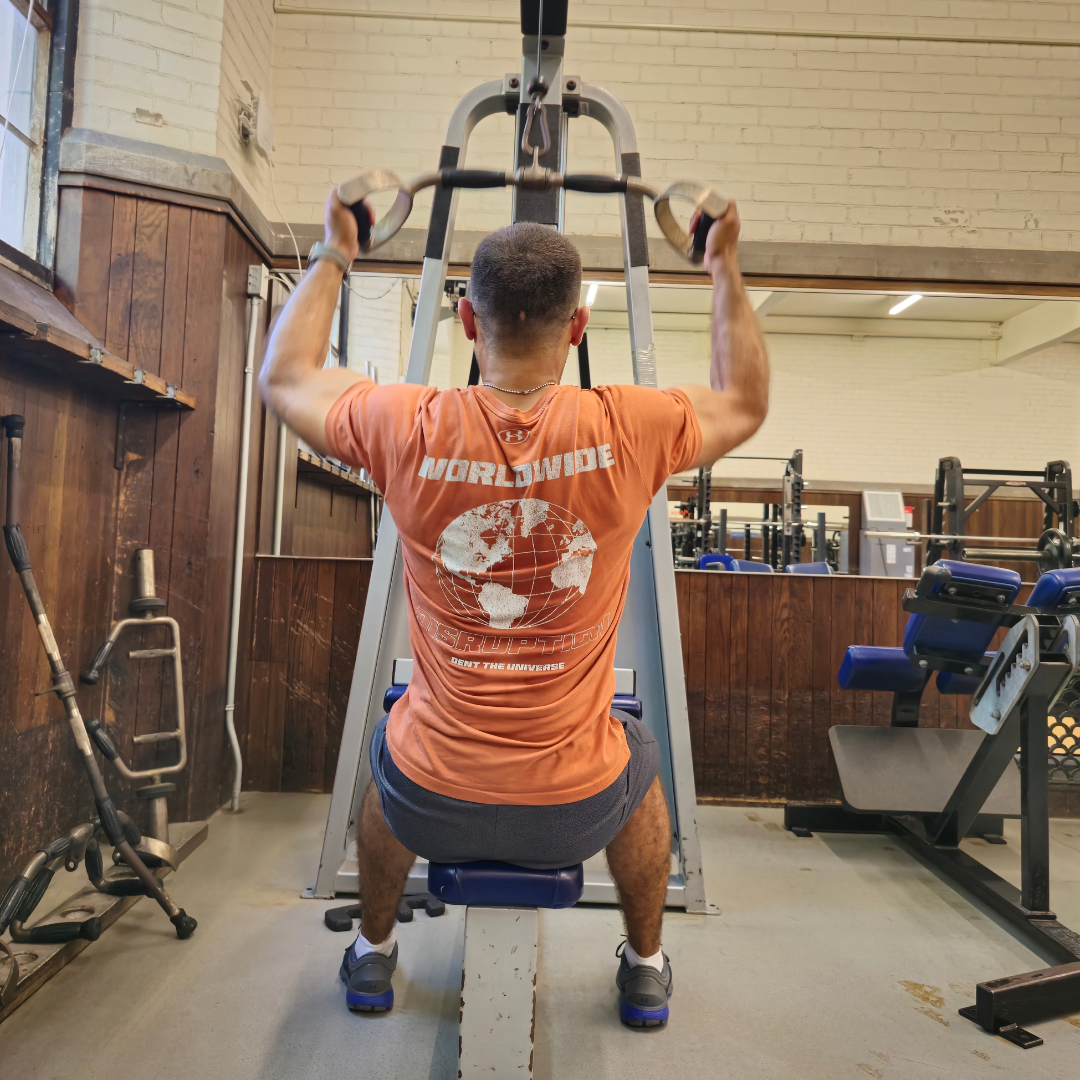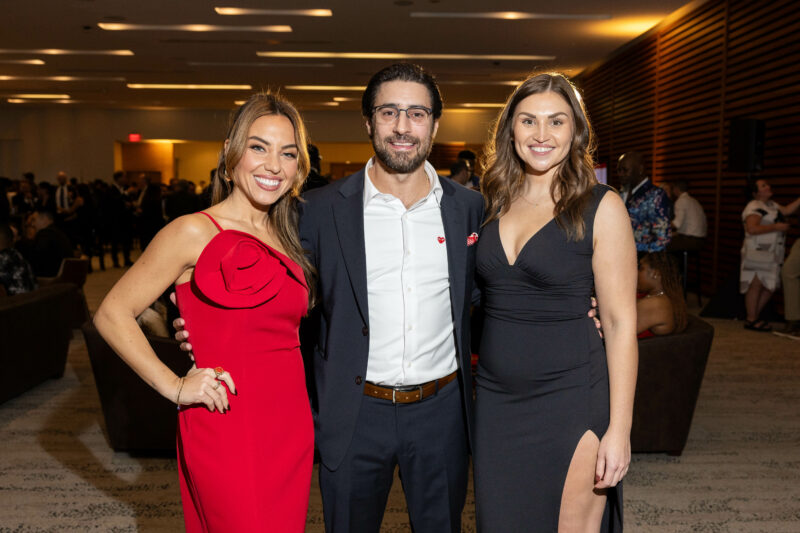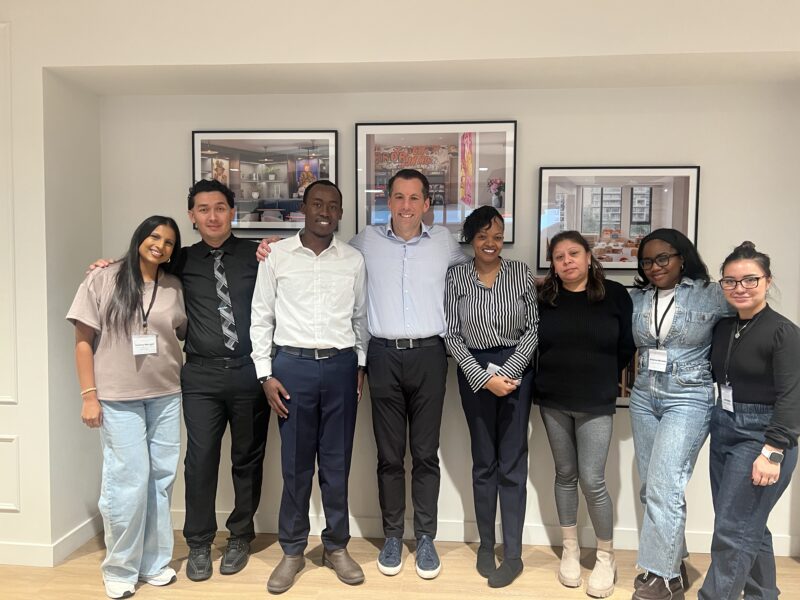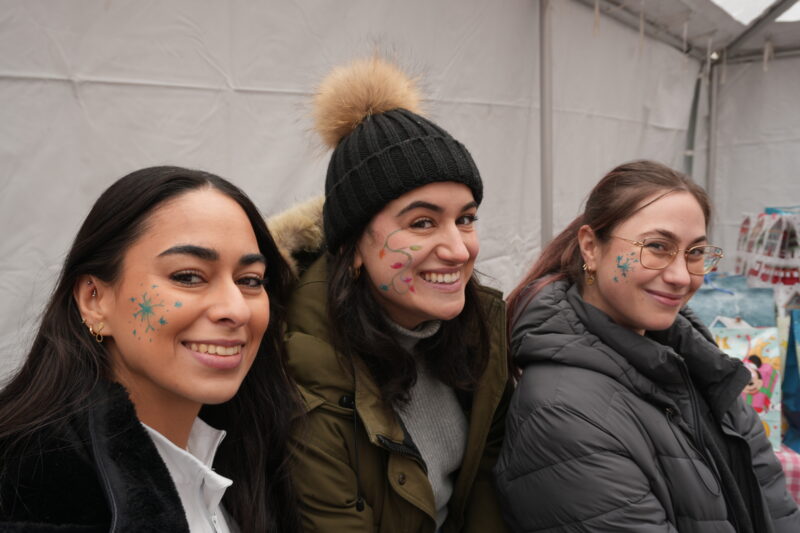International Self-Care Day, celebrated on July 24th, emphasizes the importance of taking care of oneself to maintain overall health and well-being. This year, we bring you the inspiring story of L, a newcomer from Jordan who has faced numerous challenges yet remains committed to his self-care journey. L’s experiences highlight the significance of physical activity, mental resilience, and community support in achieving a balanced and fulfilling life. Join us as we delve into L’s journey and explore the transformative power of self-care.

L, a client from Homes First’s Pacewood shelter, is in his 30s and originally from Jordan. He arrived in Toronto in late 2023. He uses he/him pronouns and is curious, quiet, opinionated, and aware of world issues. He spent his childhood in a low-income nuclear family with his mom, dad, and four siblings. L’s father, an avid sports enthusiast, instilled a sense of self-care and healthy eating from an early age, taking the children to run in a nearby stadium once a week. This is where L’s love for various sports grew, especially running, which gives him a sense of freedom. While at school, he practiced karate and was part of the soccer team. Unfortunately, an injury halted his karate practice just as he achieved a black belt and passed the international test.
After this major setback, L had to take a pause from sports due to injuries and survival, leaving little time for his self-care journey. In his twenties, he resumed training, lifting weights for two years until a car accident at 24 caused multiple injuries. Unfortunately, his muscular build mitigated the damage. L was devastated to put his training on hold once again. Now, after six years, L is finally in the physical and mental space to return to the self-care he loves, coinciding with his arrival in Canada in search of a better life.
When discussing self-care and new beginnings, L admits to feeling anxious. However, he trains his mind by focusing on the positive feelings from lifting weights, which improves his mood. He recalls that after lifting for a few months, his depression improved significantly. He also started taking vitamins and magnesium citrate to support his muscles, bones, and sleep patterns. L tries not to obsess over finding housing or the immigration process.
For L, self-care is closely tied to his current goals. “Going to the gym makes me feel better and less anxious about the future,” he says. “However, I still struggle with time management. I’m aiming to attend ESL classes and return to school to expand my accounting skills, which I studied in Jordan.” Planning and discipline for physical activity require resources and motivation. When asked about his routine, he shares, “When I wake up, I say to myself, ‘I like all people, but I should be better than everyone.’ Then I get up and start the day.” Sometimes, L goes running to feel a sense of freedom. He notes that managing his addictions and physical activity has helped him build the willpower to cleanse his system.
L feels blessed to have a collective membership at Hart House, University of Toronto, thanks to the 519 Community Centre’s advocacy and support. He is deeply thankful for this opportunity, stating, “Honestly, I have no words to express my gratitude to the 519 for helping me stay healthy and connected to resources. It’s a big responsibility to represent a community that works hard to help refugees feel welcome; I need to be respectful and caring for the equipment. I wish everyone struggling with depression could have the opportunity to exercise as I do.”
The cultural shock for L has mainly been the diet and the high sugar content in many Western foods like fast food, muffins, and pizza. “You may eat these occasionally, but not every day. Sugar is a big poison for people. If you eat sugar in the morning, you’ll be hungry all day. Your body will crave more and more sugar. Those who have a muffin and coffee for breakfast aren’t doing themselves any favors. Sugar gives you energy for a couple of hours, but then you’ll start feeling lethargic. As your system gets sick, your eyesight, kidneys, and circulation suffer.”
L advises others struggling with injuries, depression, low self-esteem, or negative thoughts: “Every single hour you exercise or improve your diet by eating more fruits and veggies and less sugar or processed food will help you live longer. Some people are struggling with diseases that can sometimes be managed with physical activity and a Mediterranean diet full of veggies. Physical activity helps you build strength for your later years or when you have an injury. It also keeps you ready for any unwanted situation that challenges your independence. Life gets easier with physical activity, no matter how you start—even with bending, gardening, or cleaning your surroundings.”
This article was written by Ana Cisneros (she/her), Supervisor of Client Programming, Diversity, and Inclusion at Homes First.


